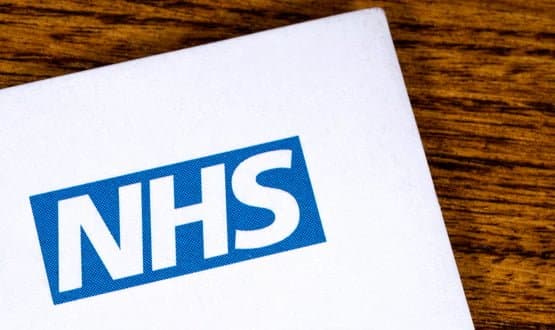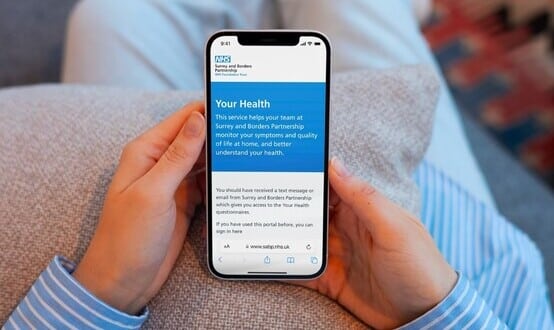NHS Long Term Plan to include major focus on technology
- 7 January 2019

Making the NHS fit for the future using technology is to be one of the key themes of the health service’s long term plan, due to be published later today.
The NHS Long Term Plan, which covers the next decade, will outline precisely how the health service will spend the extra funding promised by the prime minister in June last year.
The stated overall aim of the plan is to save almost half a million more lives by tackling major killer conditions.
This includes using new technology such as digital GP consultations for all those who want them as well as opening a digital ‘front door’ to the health service.
In a pre-briefing for the plan, NHS England also said it wanted to use cutting edge scans and technology, including the potential use of artificial intelligence, to help provide the best stroke care in Europe.
Ian Dalton, chief executive of NHS Improvement, called the plan an ‘exciting roadmap’.
He added: “At the heart of the NHS are hard-working staff who pull out all the stops to care for patients every day. It is thanks to their dedication that the NHS is admired around the world and that it has taken great strides over the last seven decades.
“We need to build on these achievements and make the best use of the new investment to fundamentally reset how the NHS is run so that our growing and ageing population can get the right care at the right time and in the right place.
“This means breaking down organisational barriers to take a more holistic approach to how care is delivered and paid for, embracing new and existing forms of technology, recruiting and retaining the right number of staff, and shifting the focus away from hospitals to prevention and care in the community.”
In response to the plan, Niall Dickson, chief executive of the NHS Confederation, which represents organisations across the healthcare sector, said it was a ‘dawn of a new era’ for the health service but urged leaders not to make too many promises.
He said: “The plan looks set to promise a host of improvements, including in areas such as maternity care, children’s services, cancer care, mental health and heart disease. It will also signal significantly more investment in community care, much greater use of digital technology and more emphasis on prevention.
“We very much welcome the increased funding for the NHS and the vision to strengthen and improve services.
“But the plan cannot escape the harsh reality that the NHS will still face tough decisions on what it can and cannot do. Our plea is that politicians be honest about the trade offs that will be required and that we are realistic about what can be achieved given the ever increasing demands of an ageing population.”





2 Comments
Ewan, again the definition of open platforms is:
In computing, an open platform describes a software system which is based on open standards, such as published and fully documented external application programming interfaces (API) that allow using the software to function in other ways than the original programmer intended, without requiring modification of the source code. Using these interfaces, a third party could integrate with the platform to add functionality.
I know your thoughts about vendors, but with many now publishing API’s – they are or soon will be open platforms.
If we want digital technology to play the significant role that it could in delivering on this plan we need to liberate data, end vendor lock-in and move to patient-centric records that encourage patients to share their data for the greater good as well as supporting higher quality direct care.
We need open platforms and a Co-Produced Health record https://apperta.org/coPHR
Comments are closed.